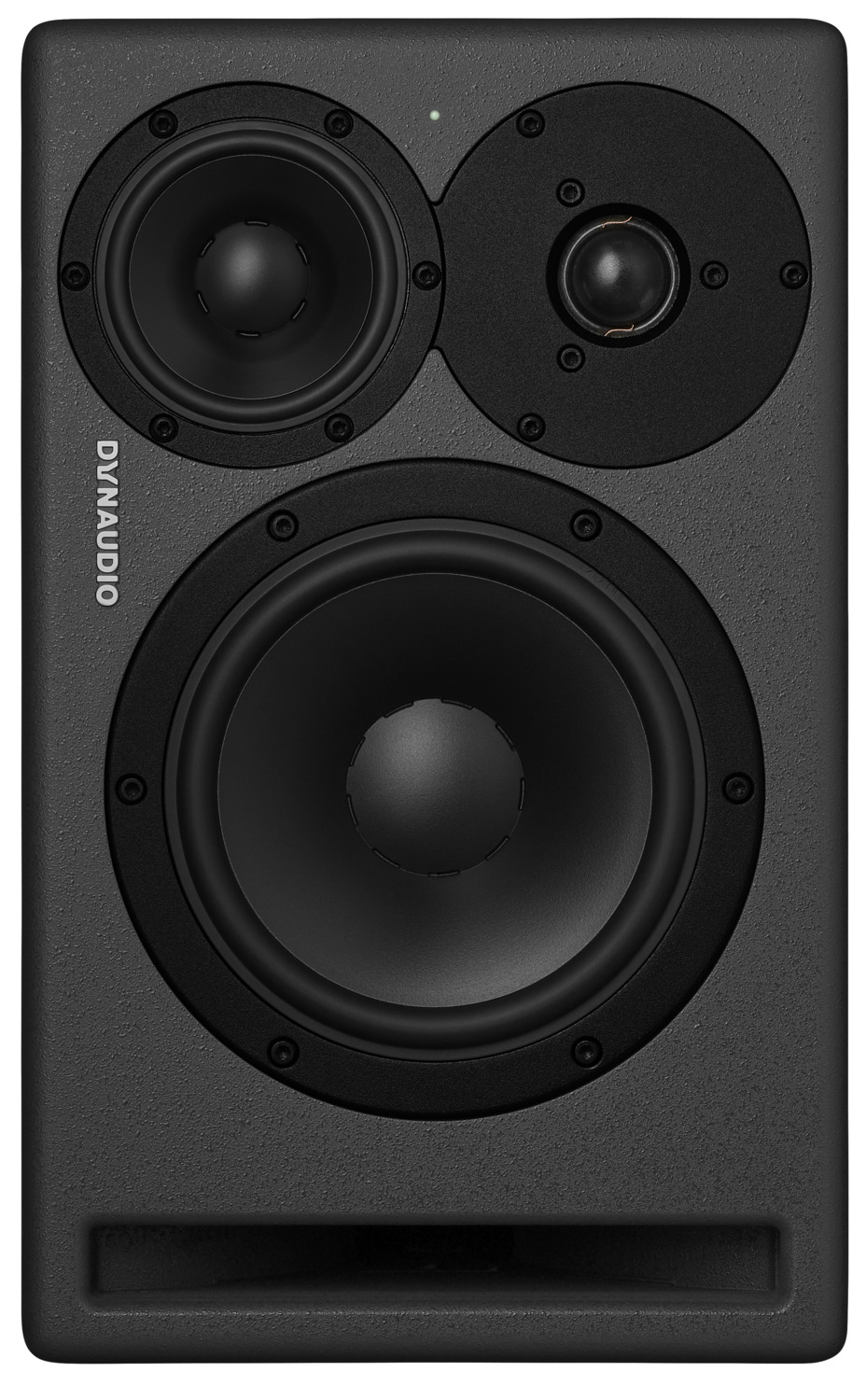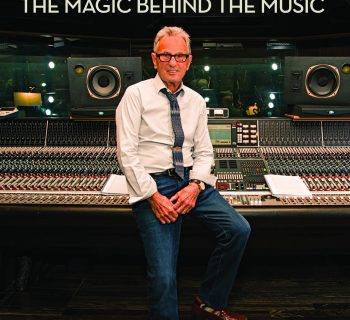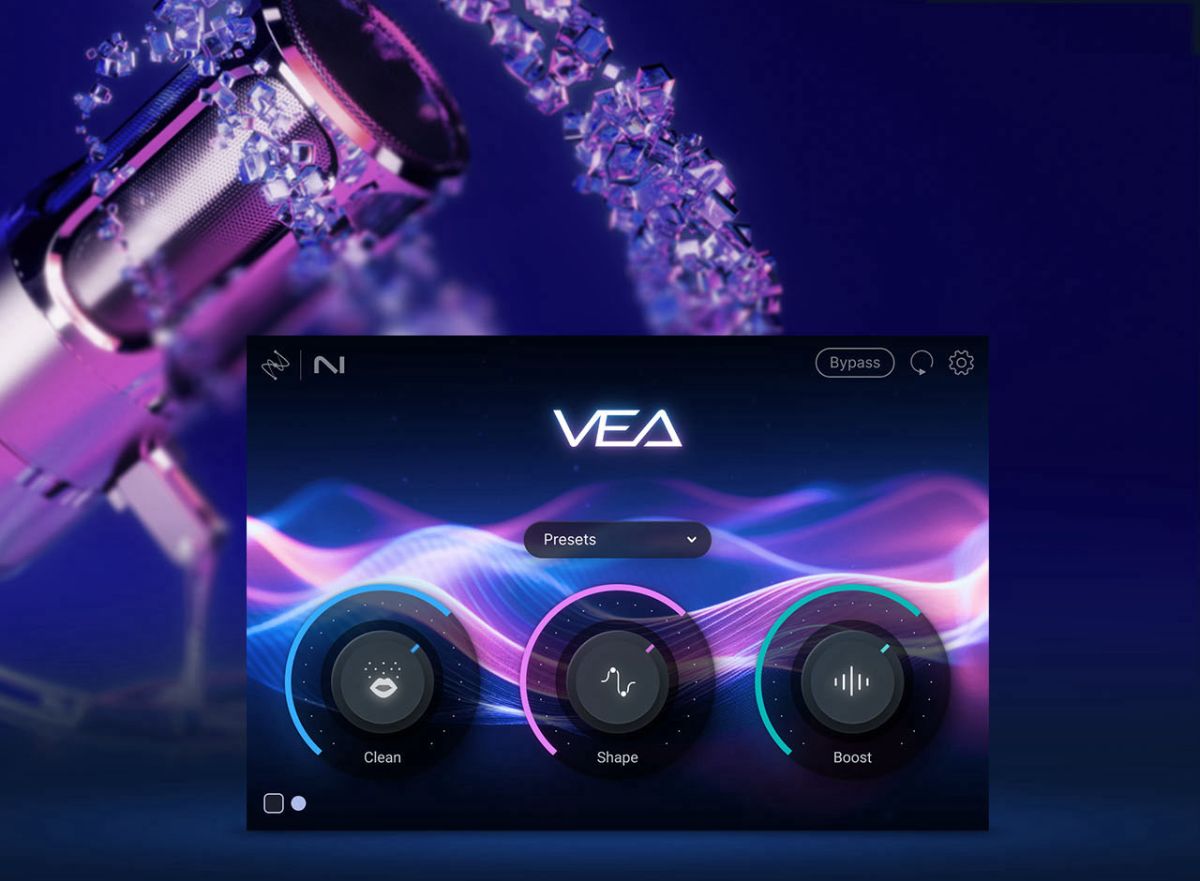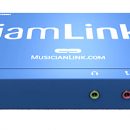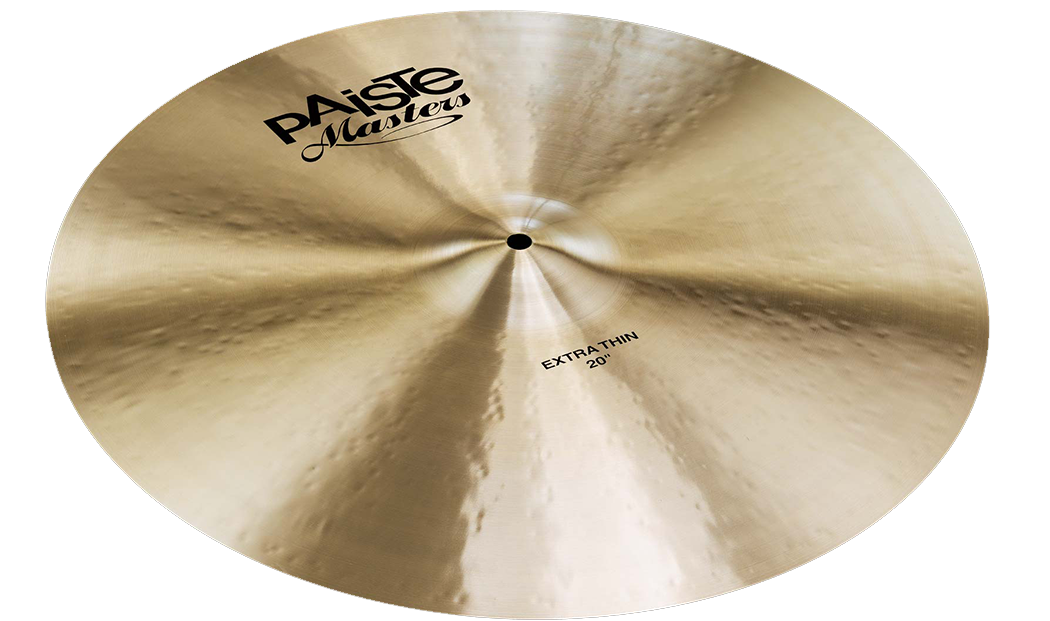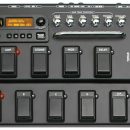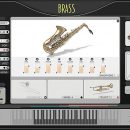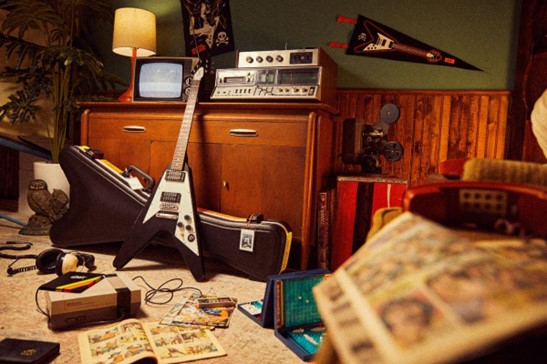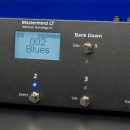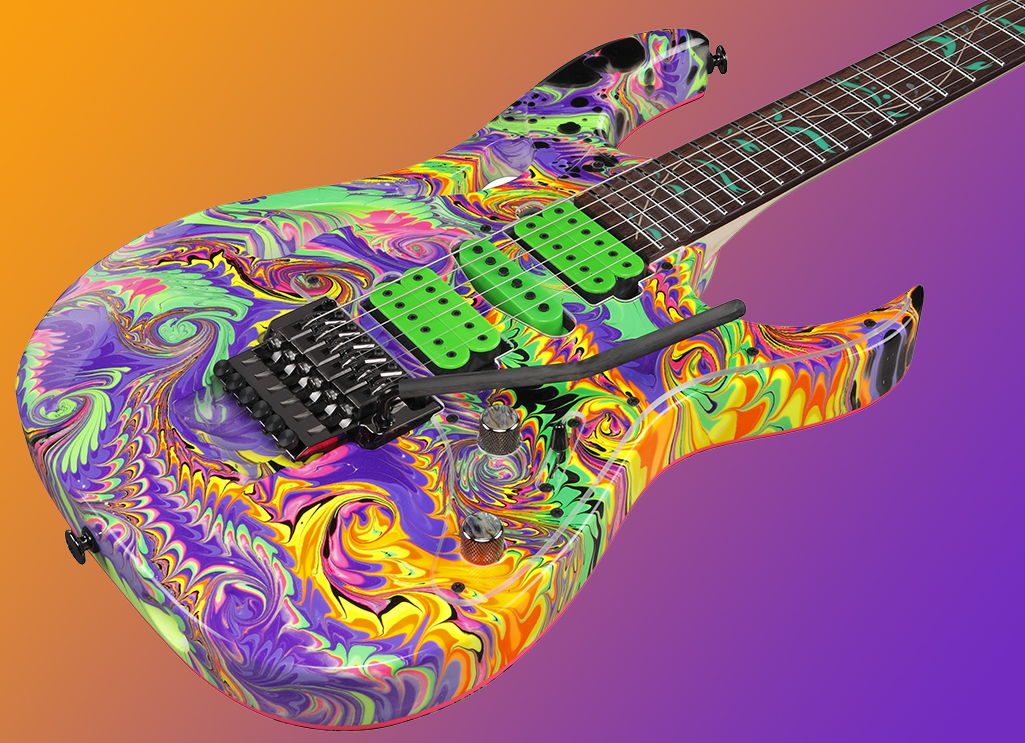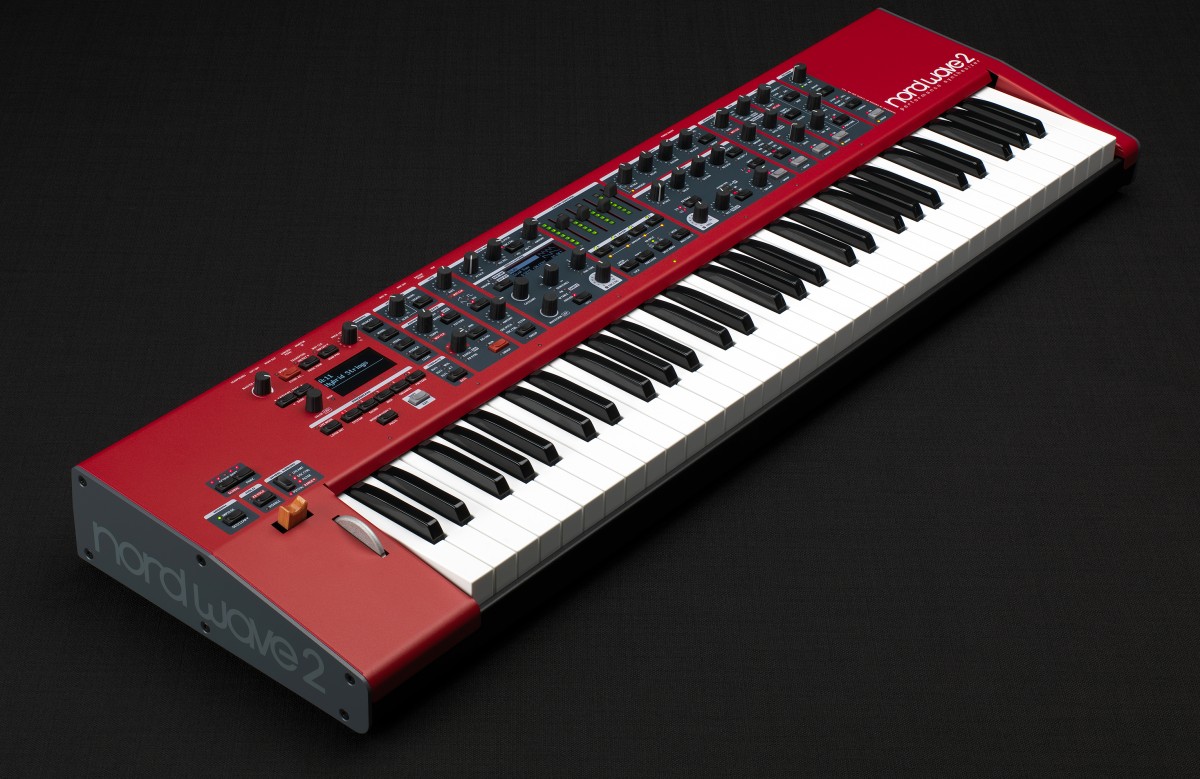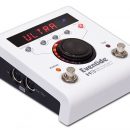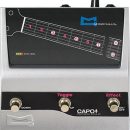
Dynaudio’s Core series grows to twice its size with a new, compact three-way monitor and a powerful subwoofer designed to extend the low-end perfectly for Core 7, 47 and 59.
Skanderborg, Denmark – Thursday 12th September, 2019 - Dynaudio, the legendary Danish studio-monitor manufacturer, is adding two new models to the Core reference series, introduced at the 2019 NAMM show.
Core 47 is a compact three-way monitor with a 7in woofer, a dedicated 4in midrange driver and the new 28mm Esotar Pro tweeter. Core Sub is a powered subwoofer with four 9in long-throw woofers and 2x 500W of power.
 Core is the most revealing reference monitor series in Dynaudio history: breathtaking accuracy for when every single detail must be heard in order to make wise mixing decisions. It introduces new technologies in all areas that focus entirely on reproducing the most accurate sound possible – everything producers need to hear.
Core is the most revealing reference monitor series in Dynaudio history: breathtaking accuracy for when every single detail must be heard in order to make wise mixing decisions. It introduces new technologies in all areas that focus entirely on reproducing the most accurate sound possible – everything producers need to hear.The monitor that makes studio life easier
“Core 47 fills the gap between the Core 7 and Core 59 models,” says Dynaudio Pro product manager Rune Jacobsen.
“Its footprint is comparable to Core 7, but it’s a three-way design with a dedicated midrange driver for the absolute highest degree of detail when reproducing sound in this critical frequency area – where, for instance, vocals are located.
It features the same ingenious DSP options as the rest of the Core monitors and packs power to deliver SPL that will meet the needs of any producer or sound engineer.
Core Sub is tailored to be the ideal low-frequency partner to any Core-based set-up. With four long-throw woofers and 1000W of power it delivers powerful and reliable low-frequency reproduction regardless of whether it’s part of a master stack, or a surround sound or immersive speaker setup with height and overhead channels.”
Prototypes of Core 47’s sister speakers, Core 7 and Core 59, were put through their paces in an active recording environment in the Dynaudio Unheard studio at Denmark’s Smukfest music festival in 2018, as well as during NAMM 2019. Lessons learned from those real-world tests, in combination with painstaking measurement in Dynaudio’s Jupiter test facility, were invaluable in creating the final products
Core 47 and Core Sub have digital inputs (AES3) and support up to 24-bit/192 kHz signals, and the internal DSP (digital signal processor) operates at the same high level when using the analogue inputs.
The series is also designed for extremely flexible positioning. Depending on the studio environment, monitors might need to be placed sideways or upside down, which might mean less-than-perfect contact with the surface area. Core solves this issue with four indentations on each side and a set of special pads to fit them. Dynaudio has also designed a bracket for Core 47 for wall or ceiling installation. With the appropriate adapter it can also double as a desk-stand.
Core 47 and Core Sub features state-of-the-art Pascal class-D amplifiers chosen after a series of intensive listening tests. Their high-frequency smoothness, unlimited power resources and stellar dynamics made the difference.
The two additions to the Core range couple extreme accuracy with astonishing consistency. When measured precisely, all Core speakers are tuned to match perfectly within a very narrow 0.2 dB tolerance.
High-performance testing
All Dynaudio monitors are developed, designed, tested and made in Skanderborg, Denmark – and key components, including drivers and tweeters, are made by hand in Skanderborg as well.
The Core series is the first Dynaudio Pro range to have been fully developed in the company’s advanced new R&D centre, Dynaudio Labs. Jupiter, its 13 x 13 x 13m measuring room, is a state-of-the-art facility, and is especially beneficial when developing active speakers. Measuring both on- and off-axis performance can now be done in minutes rather than days – letting engineers get on with the work of prototyping and listening rather than waiting for numbers to crunch.

